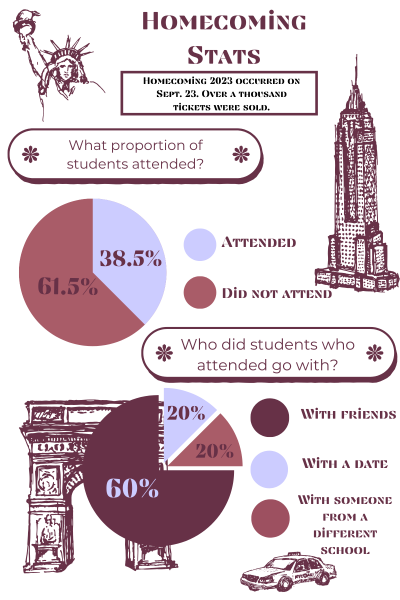Trayvon Martin case: legal opinion overshadows public
Imagine walking home one late afternoon and noticing an unfamiliar vehicle following you. As young people, we are taught to keep moving, call for help, and get to a safe place. In the case of Trayvon Martin, no one knows what he did, except for the only other person who was there, George Zimmerman. This story has brought out many opinions, was Zimmerman a perpetrator or a victim? With no public statements made by him, the only thing left for the public to do is speculate on how Martin died.
He died at the hands of a self-appointed neighborhood watchman with the possession of a deadly weapon, a gun. That weapon was used on a 17-year old boy from Sanford, Fl. that Zimmerman believed fit the stereotype of a suspicious person. In fact, this so-called “suspicious” teen was found wearing a hoodie carrying iced tea, and a bag of skittles. In the state of Florida Zimmerman used the defense of self-defense, which means he was protecting himself from harm and stood his ground instead of retreating.
However, legal experts question the issue of deadly force, against non-deadly force. What Martin’s family wants is justice for their son’s death by Zimmerman going through the judicial system. The Sanford Police Department’s inability to properly investigate, and prosecutors bring charges to George Zimmerman is the reason the whole town, and most of the country is in uproar. No one can say if George’s response to confronting Martin was justified, but the fact that shooting an unarmed teen can be questioned if it was reasonable or not.
All of these facts bring other issues to the forefront, racism. Was race a factor in Trayvon’s death? Some argue no, others say it has always been a factor when it comes to law enforcement and civilians. From the view of many, race plays a major role in why Martin was approached in the first place, and for the police department failing to investigate adequately. I can personally relate to being seen as a “suspicious” character in my own neighborhood.
All signs point to Martin being a victim, not an aggressor. Communities have been divided over Zimmerman, and Martin’s character of have been dragged into play over how they were before the event took place. In the Martin family, the only thing that matters is that Martin is not here to tell us what really happened and someone has to be held accountable. When it all comes down to it, Zimmerman is completely and utterly responsible for his actions against a young man who was approached.
Despite being a lawful person before Martin’s death, Zimmerman became another person when he brought a gun, to what could have been a fistfight and no one knows whether either side will ever recover.






